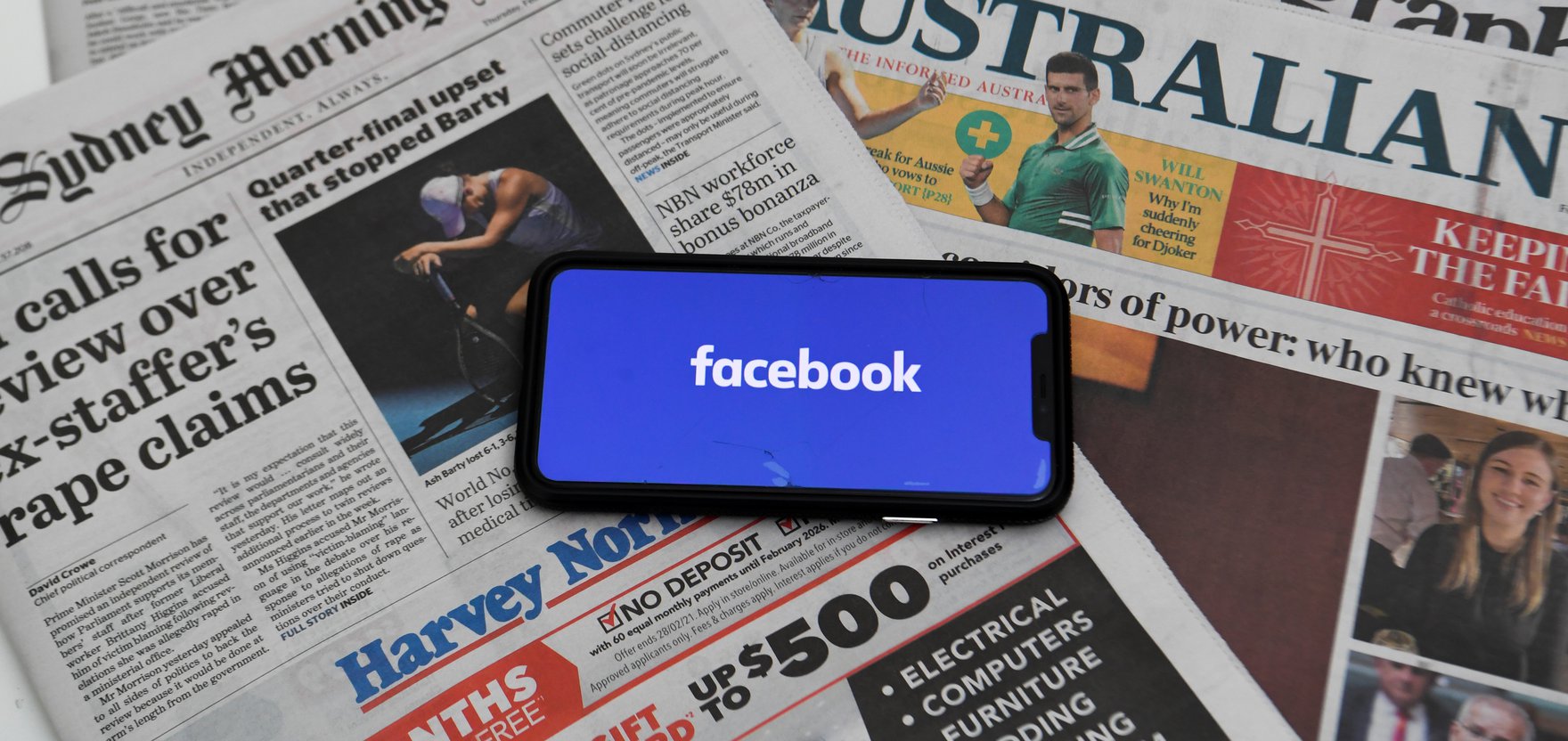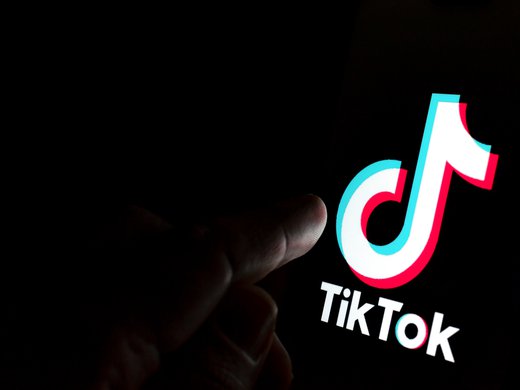In August 2020, Facebook warned that it would restrict Australian users and publishers from viewing, posting or sharing local and international news if the country passed legislation requiring platforms to pay publishers for their content. On February 16, Facebook did exactly that. The decision follows a months-long pushback by both Google and Facebook against the proposed law. Google, however, announced that it would pay publishers via, among others, a three-year agreement with Rupert Murdoch’s News Corp.
Both approaches to Australia’s effort to rein in big tech have sparked discussion about social media platforms’ role in journalism, access to news media, platform power in general and the financial systems that uphold Silicon Valley. Facebook, in particular, has been criticized for restricting news sharing during a pandemic and while disinformation remains rampant on its platform.
To make sense of the consequences that Facebook’s decision will have for users, media, platforms and platform regulation, we asked four experts: Why is Facebook’s decision to restrict the posting and sharing of Australian news media so significant? This article compiles their responses.
Daniel Kreiss, the University of North Carolina
Facebook’s decision is significant because it reveals the power of the company to shape the distribution of news (and much else besides). This case is complicated. The Australian government’s proposed law is problematic for anyone who cares about civic life — it provides no provisions for quality journalism, the very problem its promoters claim to address. At the same time, characteristically, Facebook’s execution was riddled with problems. Not only did traffic to media organizations decline, the pages of state health departments, candidates, government agencies and non-profit organizations also disappeared — at least for a time. Facebook demonstrated how important it is at driving traffic and attention to civic information, and therefore at generating revenue for media organizations. That said, how significant this might be in the long term and its impact on civic life are open questions. Negotiations continue, but just because people are accustomed to encountering news on Facebook does not mean they necessarily have to be. Journalism in Australia is around in the same form it was before, and accessible to everyone with a browser and the inclination to seek it out, on thousands of webpages where advertising revenue flows more directly to the outlets that produce it.
All the debates about @Facebook, but if a country wants quality journalism it should just fund it directly.
— Daniel Kreiss (@kreissdaniel) February 19, 2021
Gabrielle Lim, the Shorenstein Center at Harvard Kennedy School
Facebook’s response to Australia’s impending news media bargaining code is a case in point of how much we have relegated our communications systems to a few private corporations. In effect, they have become institutionalized in such profound ways that their sudden absence or actions can have dire effects on individuals, communities and the state, especially during times of crisis. Just as worrisome is Google’s deal with News Corp. Although some may laud Google’s decision to cooperate, such moves between large corporations risk further centralizing news and media creation. For small publishers who do not have the same bargaining power as News Corp., a billion-dollar corporation, it remains to be seen whether they can ultimately benefit from the proposed law.
Although Australia’s move may address some of the concerns regarding revenue distribution and is a first step at holding large corporations accountable to the communities they operate in, it is time to start thinking of a public-interest internet that is not beholden to a few foreign entities. When the actions of a single company have such widespread effects on the ability for not just media outlets, but civil society organizations, small businesses, and even state health-related agencies, to communicate, organize and share vital information, we should rethink the fundamental infrastructure and business models that form the foundations of our information ecosystem. This requires not just new legislation, but rethinking internet and platform infrastructure and innovation policy, while incorporating multi-stakeholder engagement from development to deployment.
Taylor Owen, the Centre for International Governance Innovation
Put alongside the implications of blocking reliable information in the middle of a pandemic and the disdain for the democratic process it reveals, this path is both unworkable and sure to make its product worse. More broadly, in response to an attempt at governance from a democratically accountable government, a democratically unaccountable global company simply walked away. The end result of this standoff is likely to be platforms handing more cash to publishers in an ad hoc manner that exacerbates a wide range of negative incentives for an industry also working to hold them accountable.
Lots to say about the News Media Bargaining Code (I have conflicting thoughts) but Facebook deplatforming reliable information in the middle of a pandemic as a response to democratic governance it doesn't agree with is not a great look. I suspect there is no going back from this.
— Taylor Owen (@taylor_owen) February 17, 2021
This is no better than government bailing out journalism. The result is almost certainly going to be greater regulatory coordination among democratic governments wrestling with one of the core dilemmas facing liberal societies: how to ensure that citizens have the reliable information they need to meaningfully participate in democratic governance.
Elizabeth M. Renieris, the Digital Civil Society Lab at Stanford University
While Facebook isn’t really leaving the Australian market, it’s wildly distorting it by restricting Australian news media on its properties. In deciding to “turn off” news in Australia in this fashion without notice, and in response to what is still at this stage only a draft law, Facebook has demonstrated reckless disregard for the ability of Australians to impart and receive information, constituting a potentially serious interference with their freedom of expression.
Per international #humanrights law, we have a right to impart and RECEIVE information, strikes me @Facebook is breaching fundamental rights again. https://t.co/HOY34Vf6gE
— Elizabeth M. Renieris (@hackylawyER) February 17, 2021
And in taking out large swaths of non-news content as collateral damage in its wake, including the newsfeeds of advocacy organizations like Access Now, Facebook has also demonstrated the inherent danger in its scale, the deeply flawed ways in which it applies automated decision-making tools to its platform, and the highly selective nature of its commitment to free expression. Despite its rhetoric, the decision is also significant because it lays bare that Facebook has no sense of civic obligation or ethical or moral concern for the consequences of its decisions. Rather, Facebook continues to be guided entirely by its bottom line, its founder’s ego, and a desire to remain above the law at all costs. No amount of strategic hiring or PR campaigning will change that.



